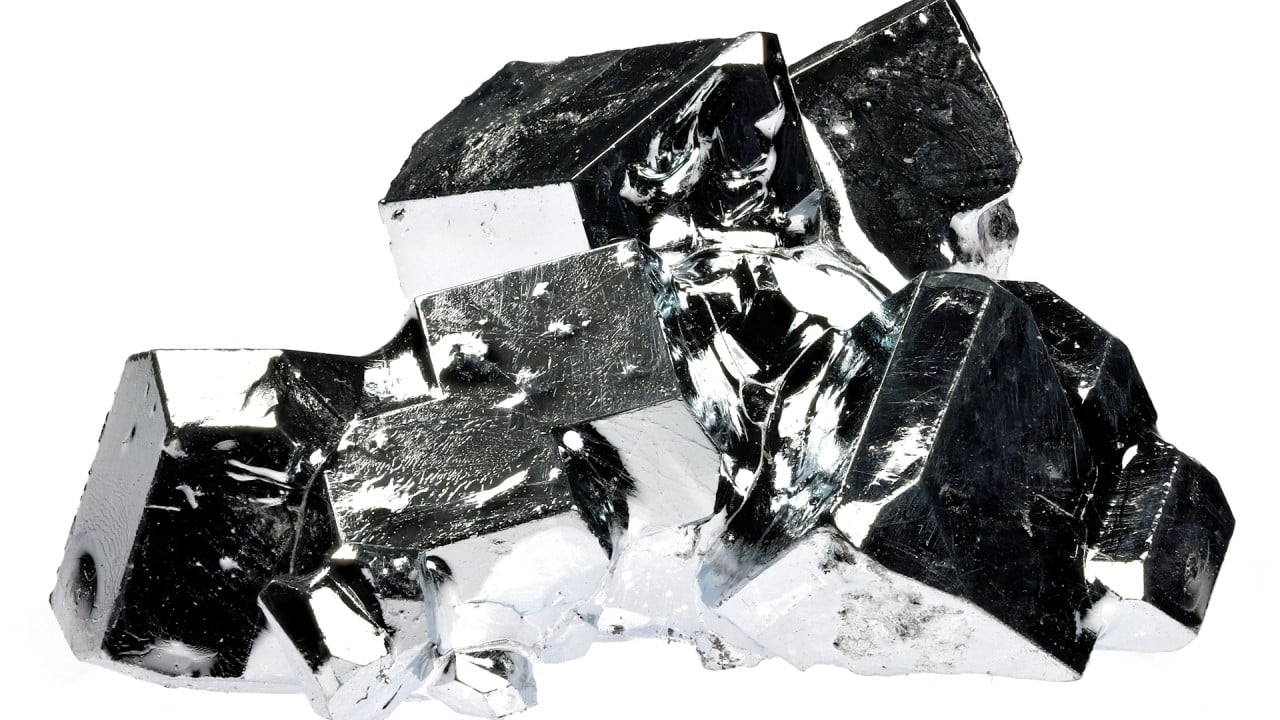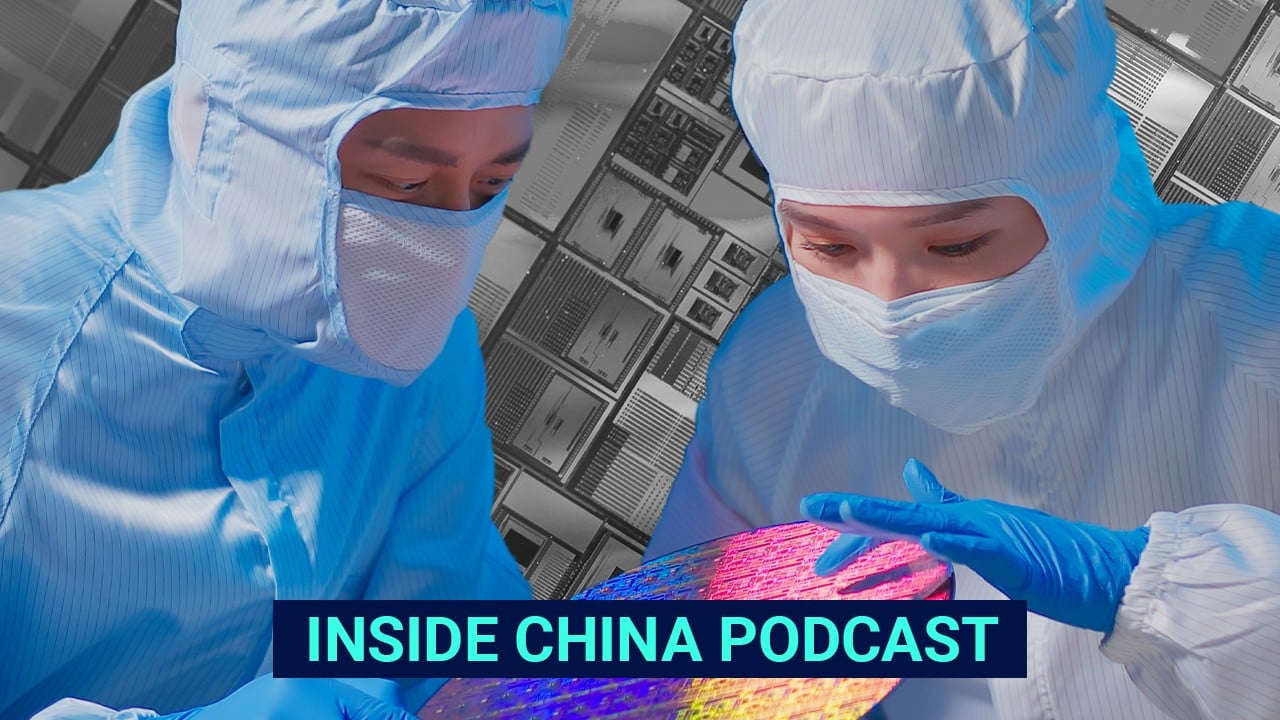Opinion: To overtake China in the EV market, the US needs to step hard on the accelerator
[ad_1]
A report from the non-profit Carnegie Endowment for International Peace in May concluded that: “Excluding China from supplying critical minerals is simply not possible in the short term.”

Trade deals with Washington would allow foreign organisations to benefit from US tax breaks, but these deals are neither set in stone nor fully backed by US law, which means they could be altered or undone.
This gives rise to fears that a future US president with different ideas could change these agreements, or similarly, that members of Congress could push for different policies, challenge the rules or even introduce new laws that undo President Joe Biden’s plans.
Currently, at least nine US states are pivoting towards EVs and planning to ban the sale of new combustion engine cars after 2035, with several other states also considering joining them. Thus, there is heightened pressure to source enough materials for “Made in America” EV batteries to meet increasing consumer demand.
The US is poised to become the fastest growing EV market worldwide. In the first half of this year, it accounted for 13 per cent of global EV sales, or 815,000 units, a staggering growth of 97 per cent year on year, Canalys figures show. Although, to put that in context, China accounted for 55 per cent of global EV sales in the first half, or 3.4 million units.
To address the challenge of domesticating its supply chain, the US is implementing a strategy that it hopes will completely remove reliance on Chinese resources by 2029, but concerns are rising about how realistic this is.
By 2029, all the components of an EV battery must be either manufactured or assembled in North America to qualify. On top of this, from next year, any EV that contains battery components or minerals from China or other designated “foreign entities of concern” will not qualify for the credit.
The US has to perform a critical balancing act to quickly and affordably increase EVs on its roads while nurturing a home-grown supply chain. To stand a realistic chance of countering China’s strong position in the EV market, Washington needs to double down on combining policy support, financial incentives and advances in technology, to reduce its reliance on imported materials.
China’s lead over the US in EV markets is huge, but not insurmountable
China’s lead over the US in EV markets is huge, but not insurmountable
The blueprint for accelerating the US EV industry is multifaceted – it involves not only extending tax credits but also installing a robust charging infrastructure across the nation and ensuring EVs are more competitively priced.
Sonja Cheung is editorial director at the Asia Business Council
[ad_2]
Source link







